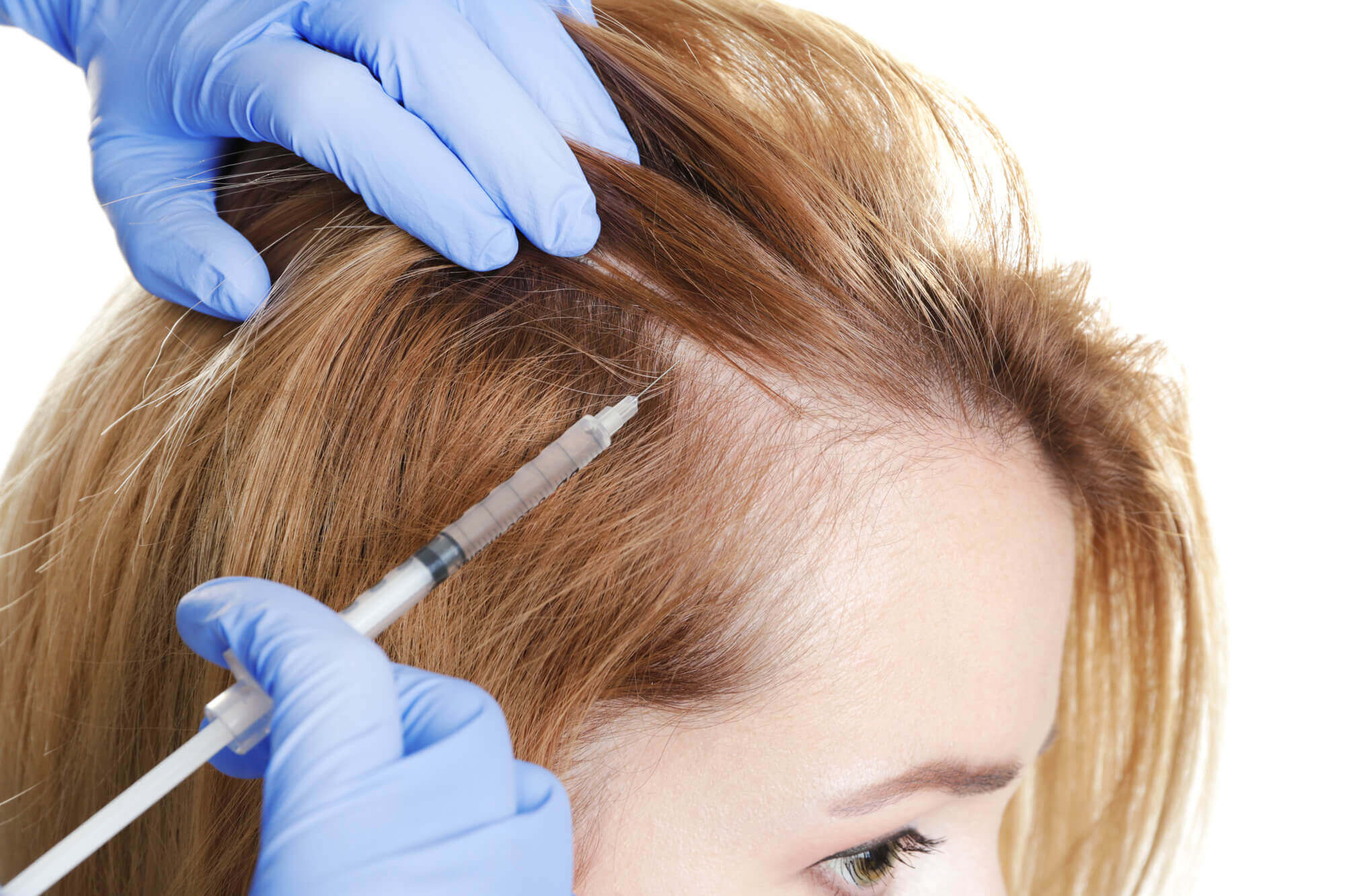What’s Your Chance at Success at a Rehabilitation Center? Statistics and Tips for Success
If you’re thinking about attending a rehabilitation center, you’re probably wondering whether it will really work. Will it help you achieve the success you hope for?
The short answer is that it will almost certainly help, but success is up to you.
Choosing a Rehabilitation Center
An addiction recovery center will support you through the toughest time of withdrawal and you’ll be able to learn tools and techniques to stay sober in the long term. The help they offer you is invaluable.
Most rehab centers offer a range of modalities to support your healing process. When you’re choosing a center, it’s important to look for the modalities and environment that will suit you.
Some offer a holistic approach with meditation, reflexology and so on – alongside the usual group and individual therapy you would expect. Some centers help patients in structuring their daily life as well.
Consider also what setting will suit you. Getting outdoors daily in nature is associated with improvements in mental health, energy, memory and more. Does the forest revive you, or do you prefer the beach? Or maybe you love being in the mountains?
With over 14,000 rehabilitation and treatment centers now in the US, you can find one that suits your needs. As you do your research, check how they define relapse, and also what their sober definition is. This is better than reading what their ‘success rate’ is – because it will show you how they define success.
A person who is clean for years then has one slip-up but recovers may still be seen as a living failure. Or just the fact that they completed the initial rehab program may be counted as a success.
Success After Rehab
Attending a rehabilitation center is only part of your recovery. The next part is learning to function sober in everyday life. All it takes is one Xanax pill or drink and you can relapse.
Here are 6 things you can do to improve your chances of success:
- Be open to medicinal support if you need it. Medications can help you overcome your cravings and get clean.
- Check if your rehab program offers ongoing support after you return home. This doesn’t mean you’re a rehab addict, it just helps you embed your transformation. A periodic review can be very helpful.
- Commit to learning – about addiction and about yourself. As well as formal learning programs and therapy, journaling and meditation can help you understand yourself better.
- Involve your family and grow a support network. Transitioning from rehab into everyday life brings challenges and temptations. It helps if you have people you can count on to support you and your ongoing sobriety.
- Avoid relapse triggers. Your time in rehab will have helped you work out what these are and how to deal with them. But if you can avoid them all together then that is even better.
- Know that abstinence is crucial. Even a tiny amount of drugs or alcohol can trigger a relapse. Don’t go there.
Further Information
Deciding to go to a rehabilitation center is a powerful step forward. We understand that it’s not easy. Please refer to our other recovery resources and information to help you on this journey.



















